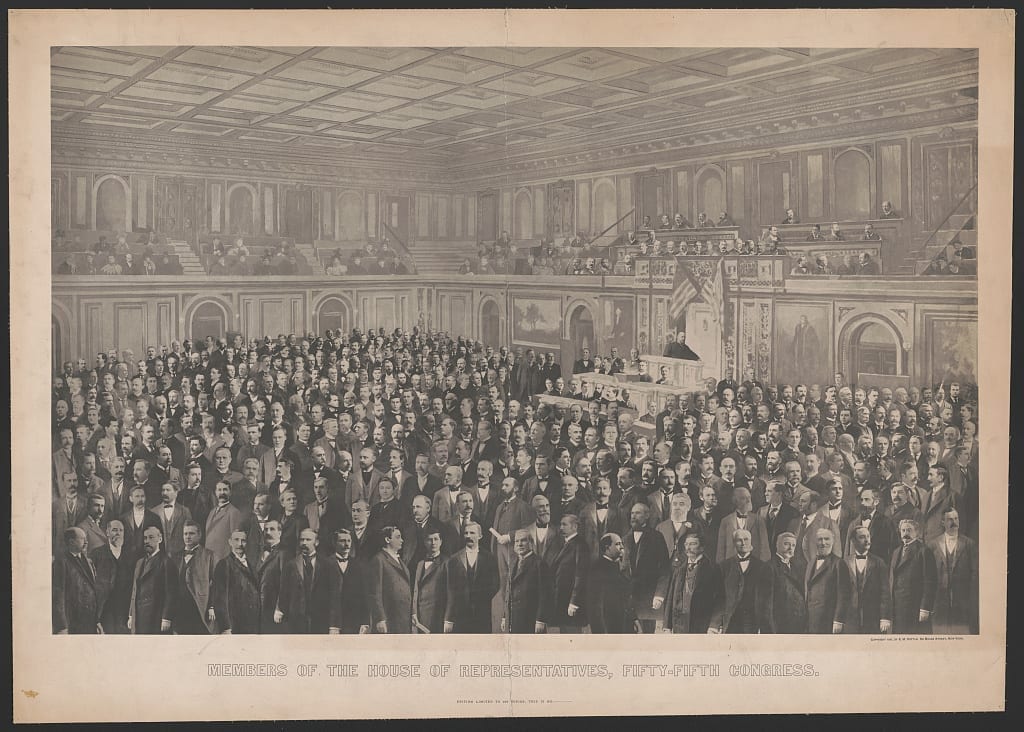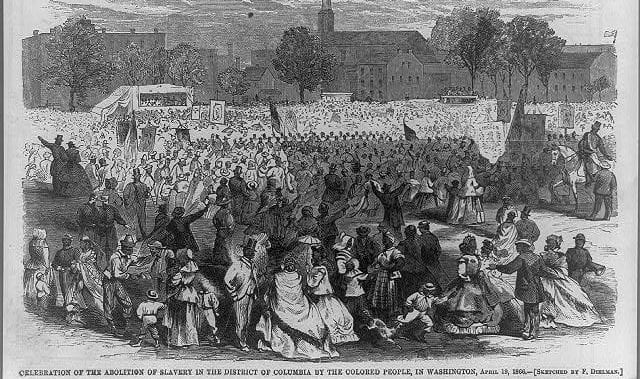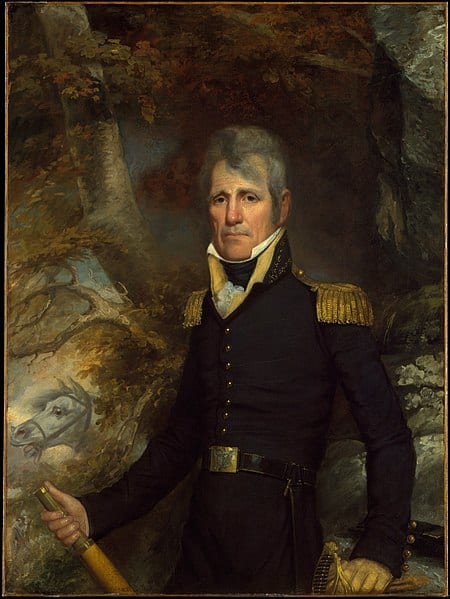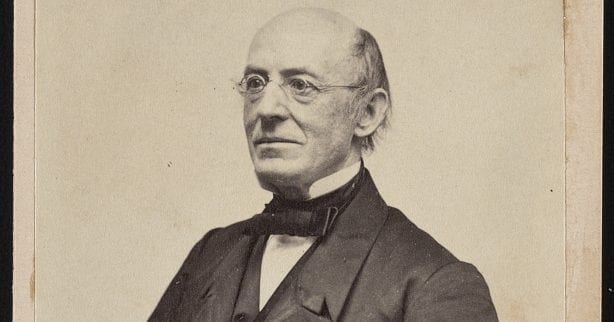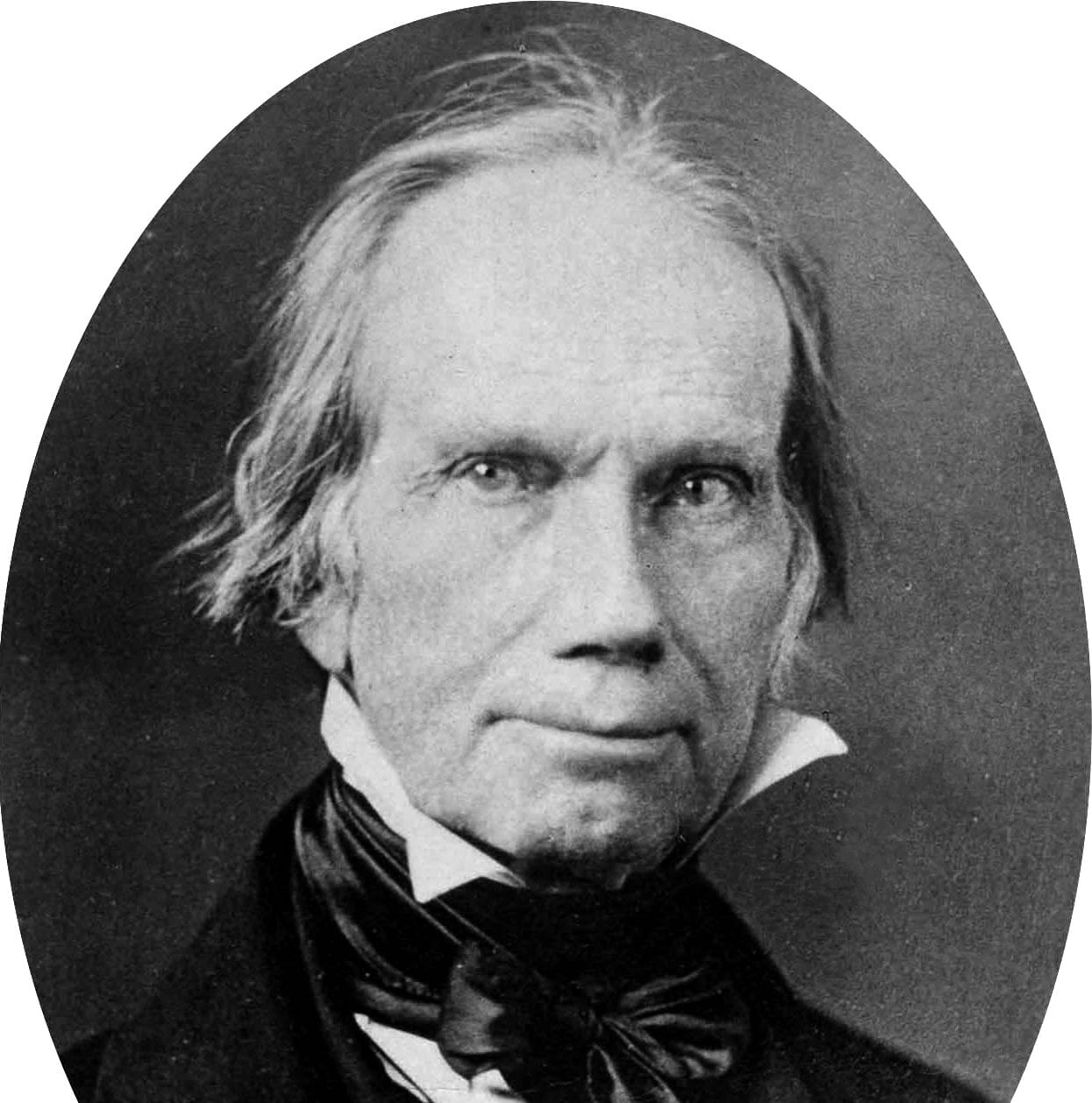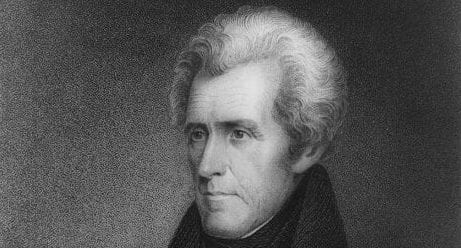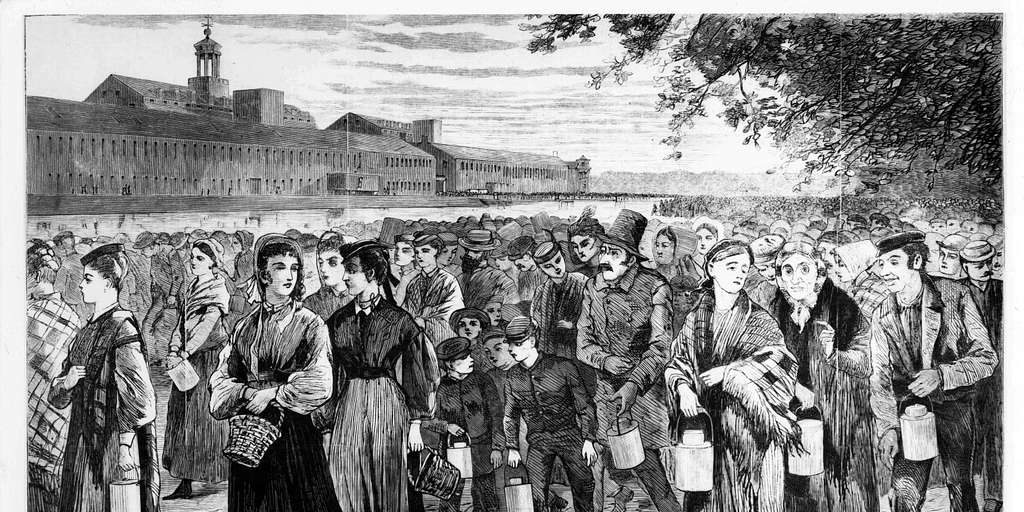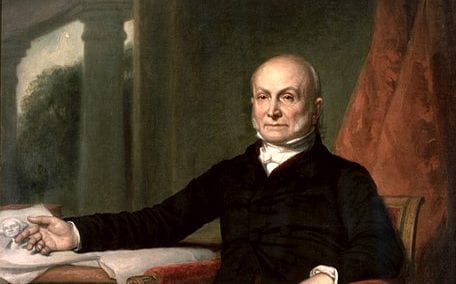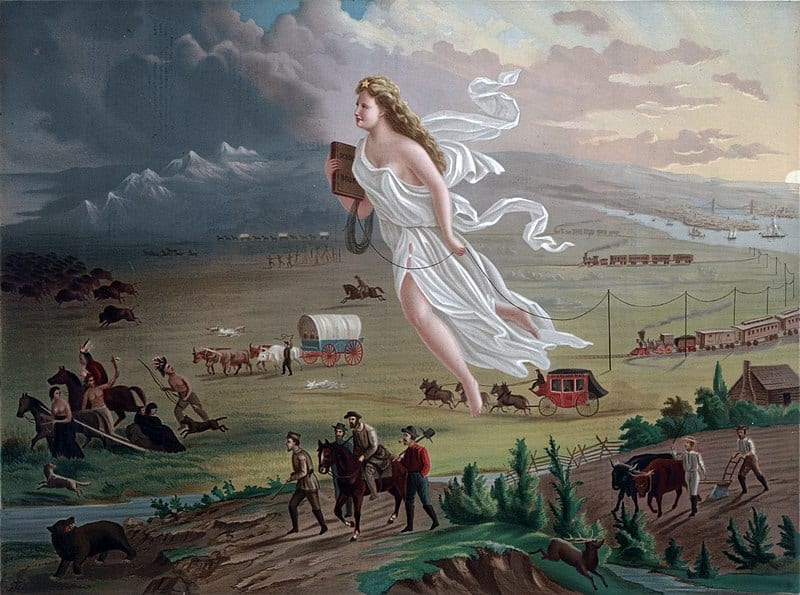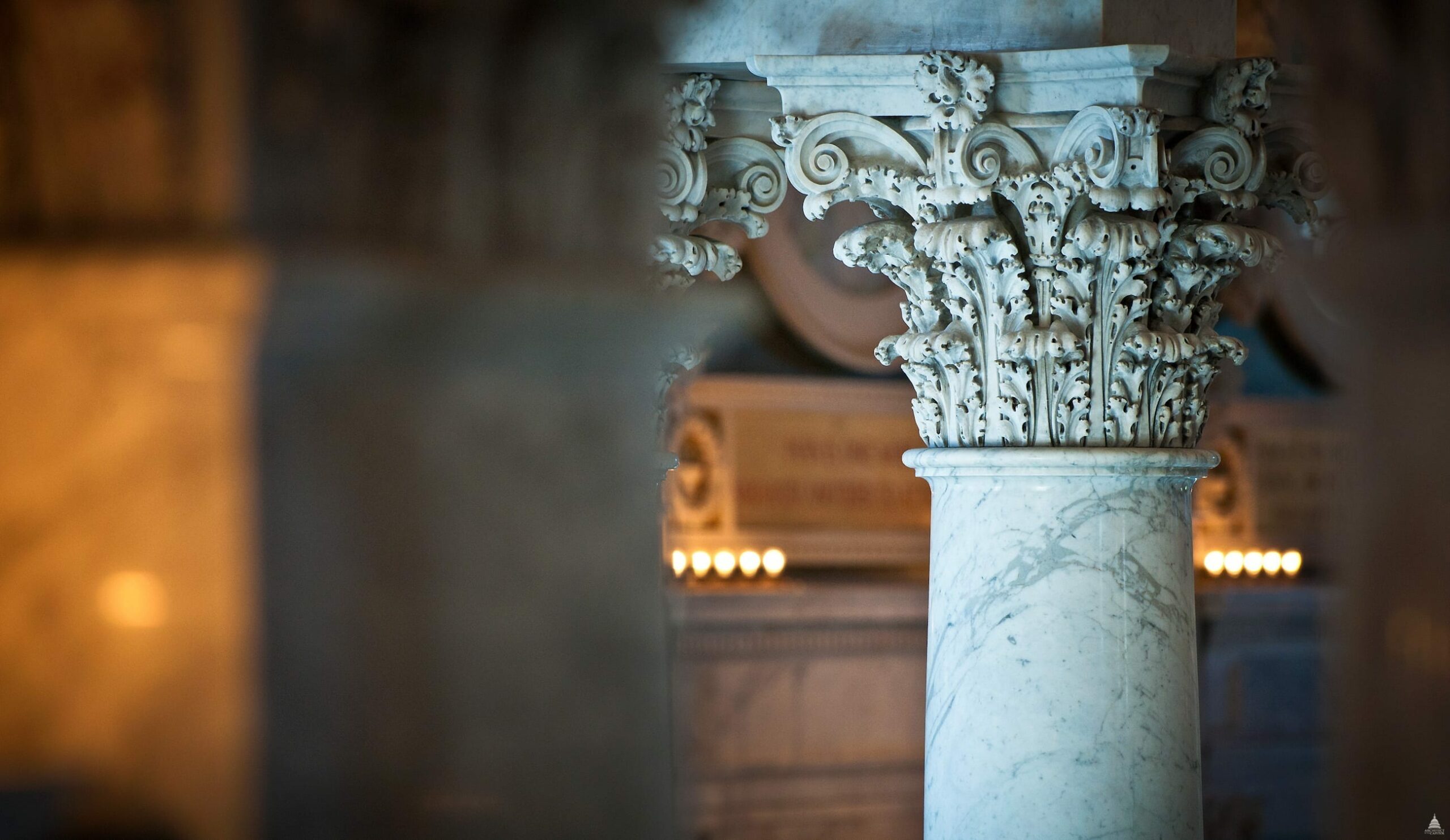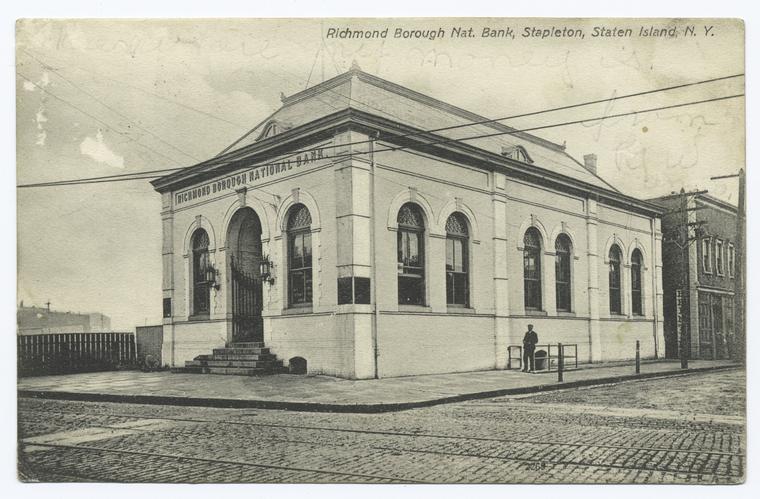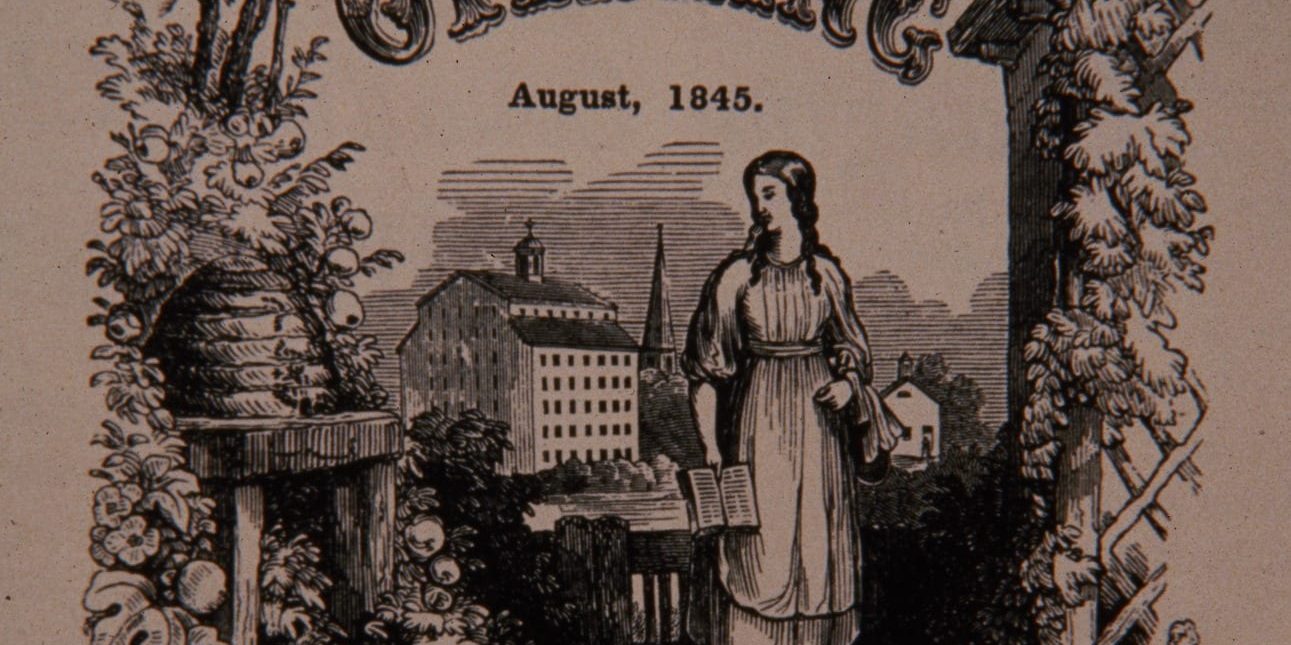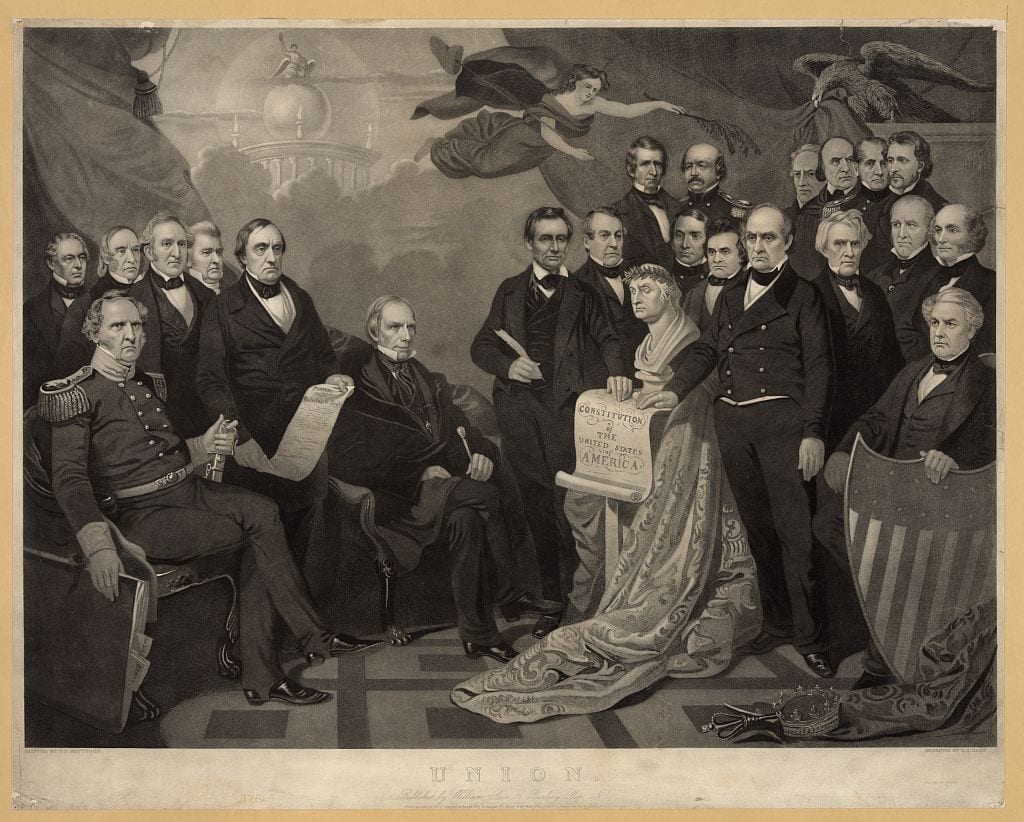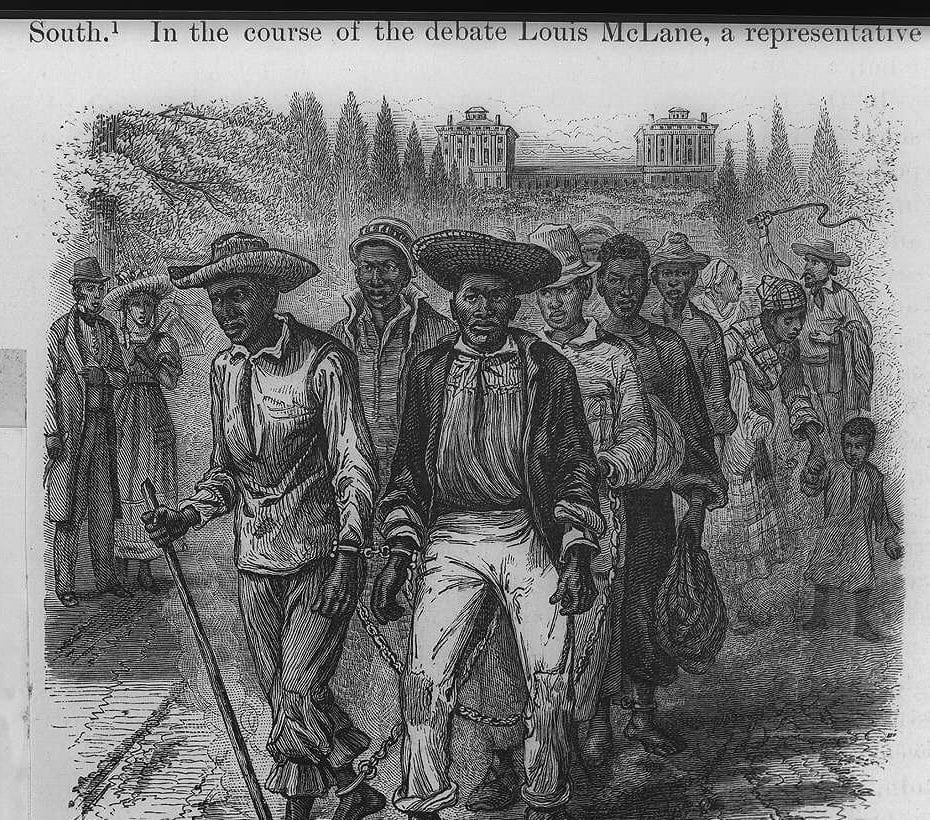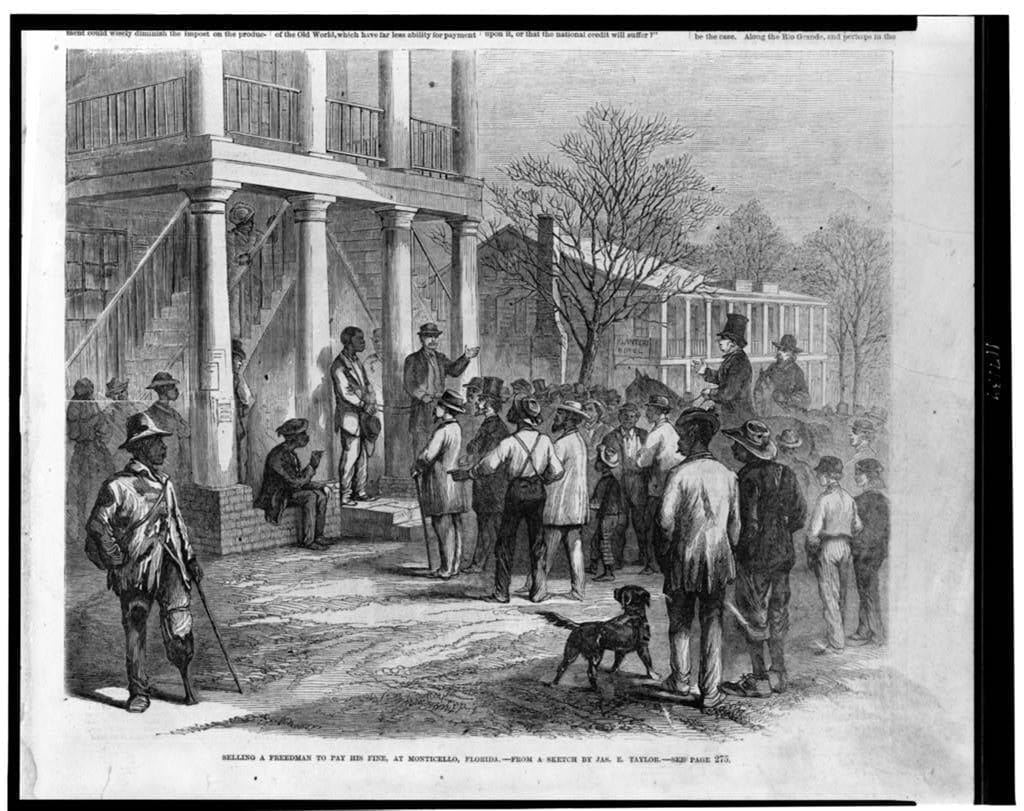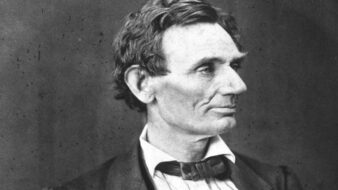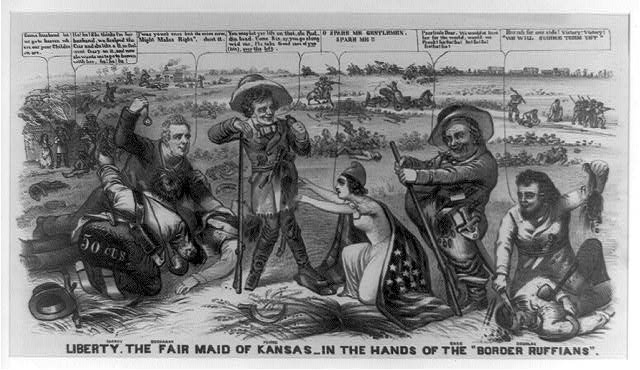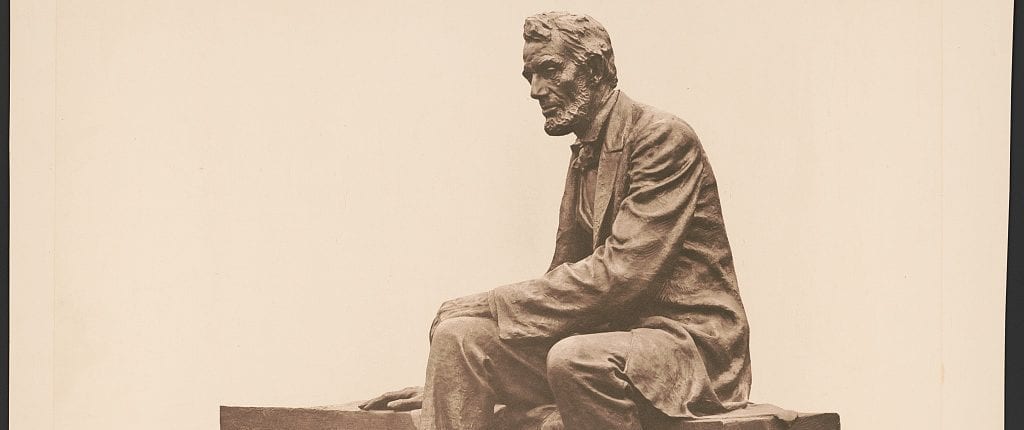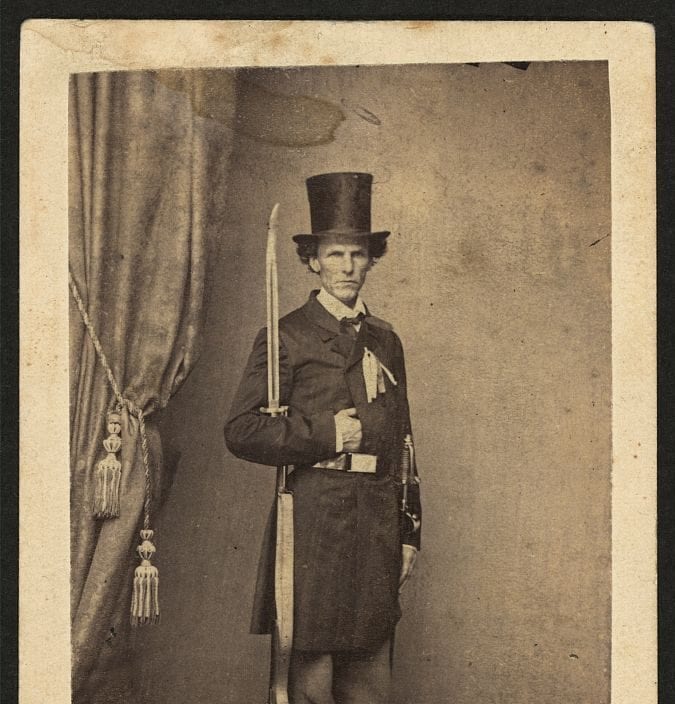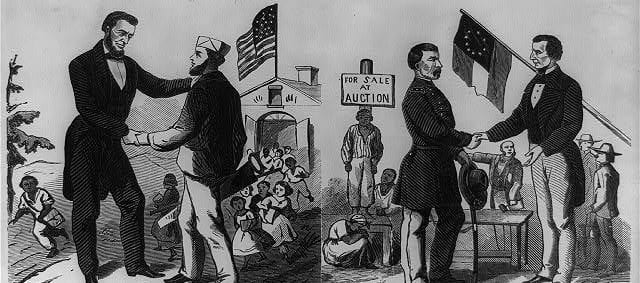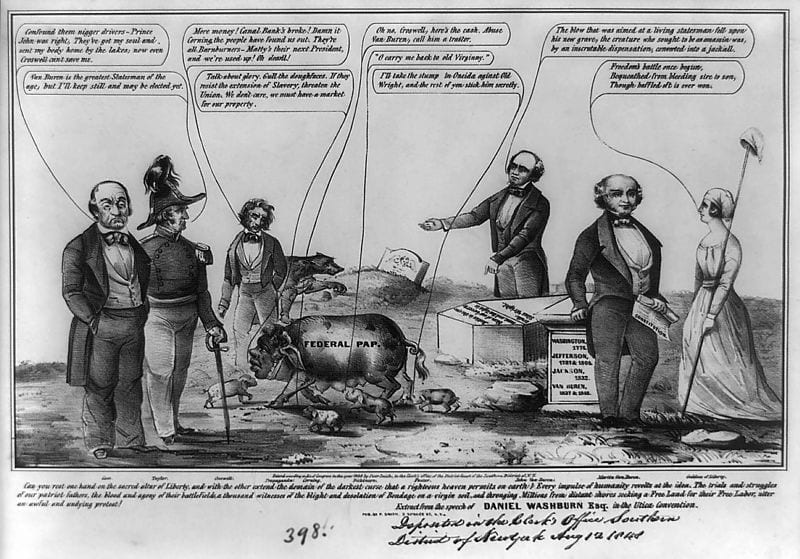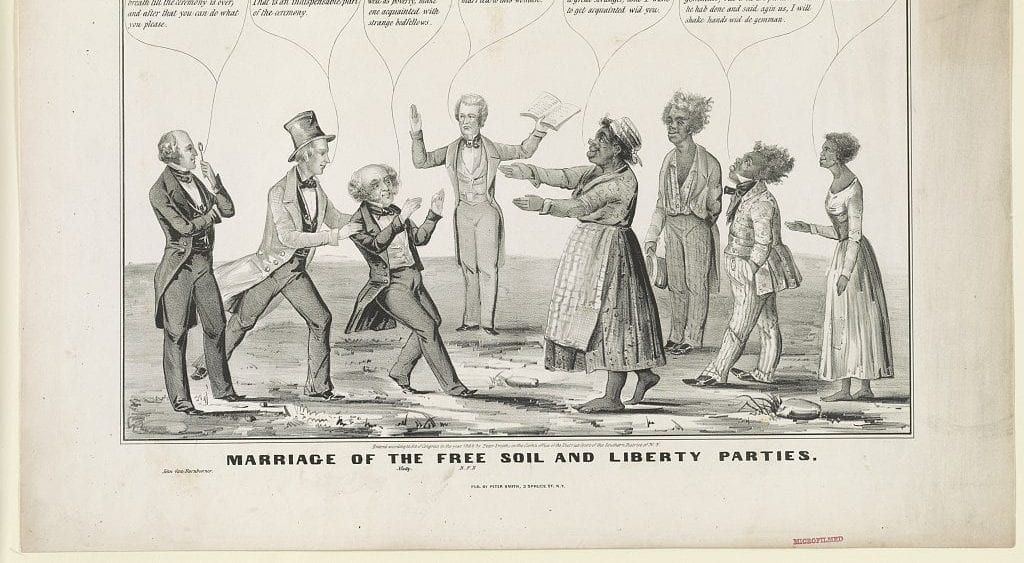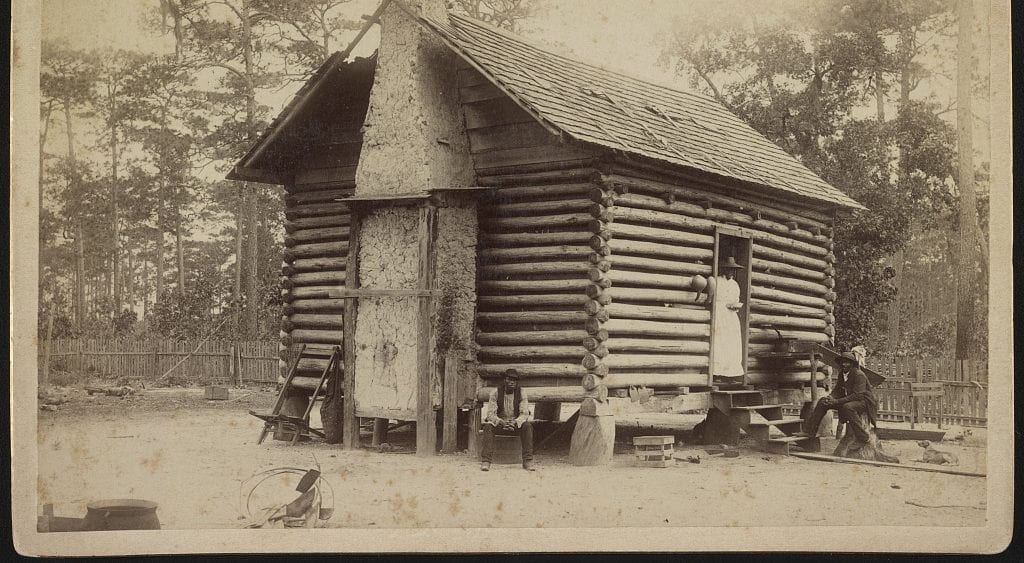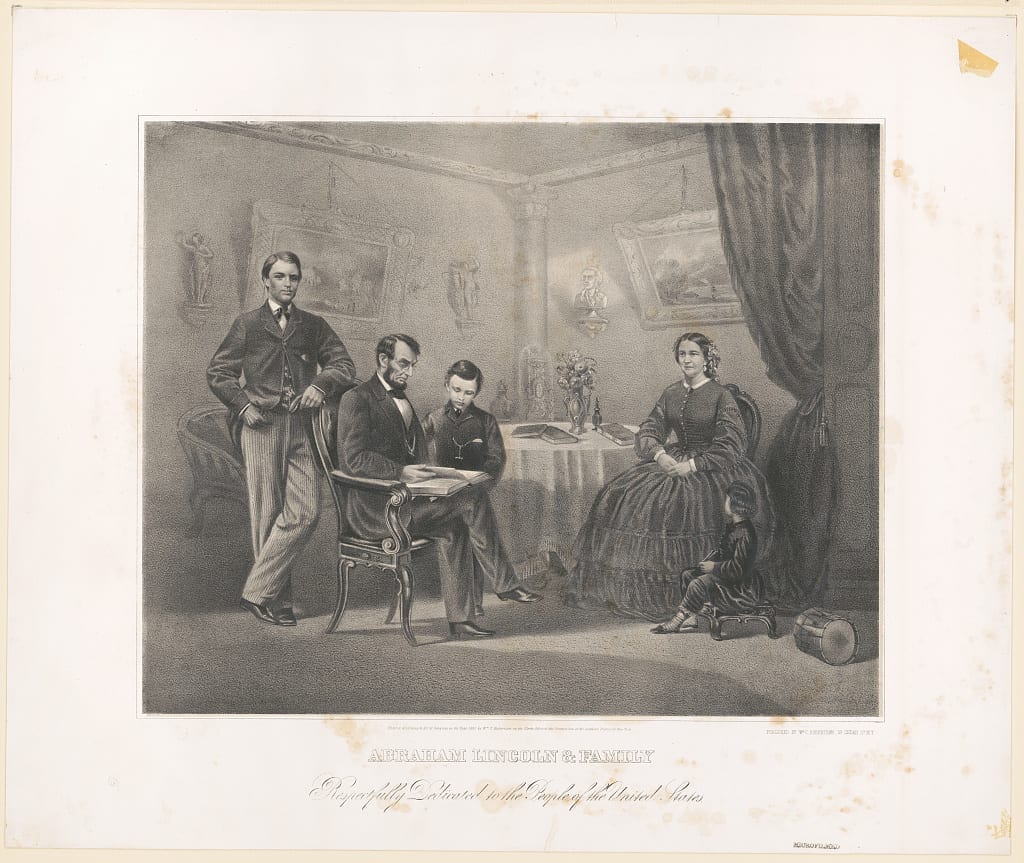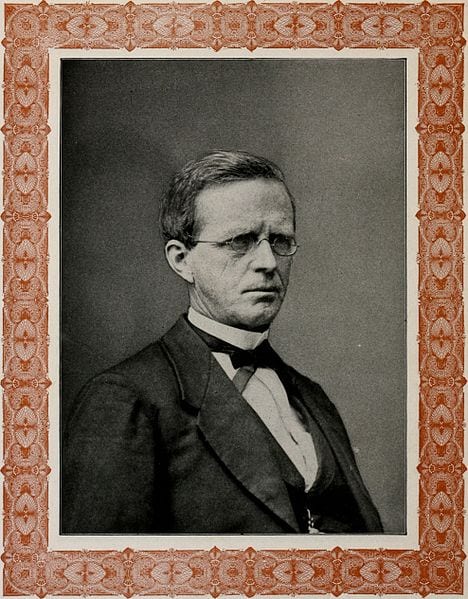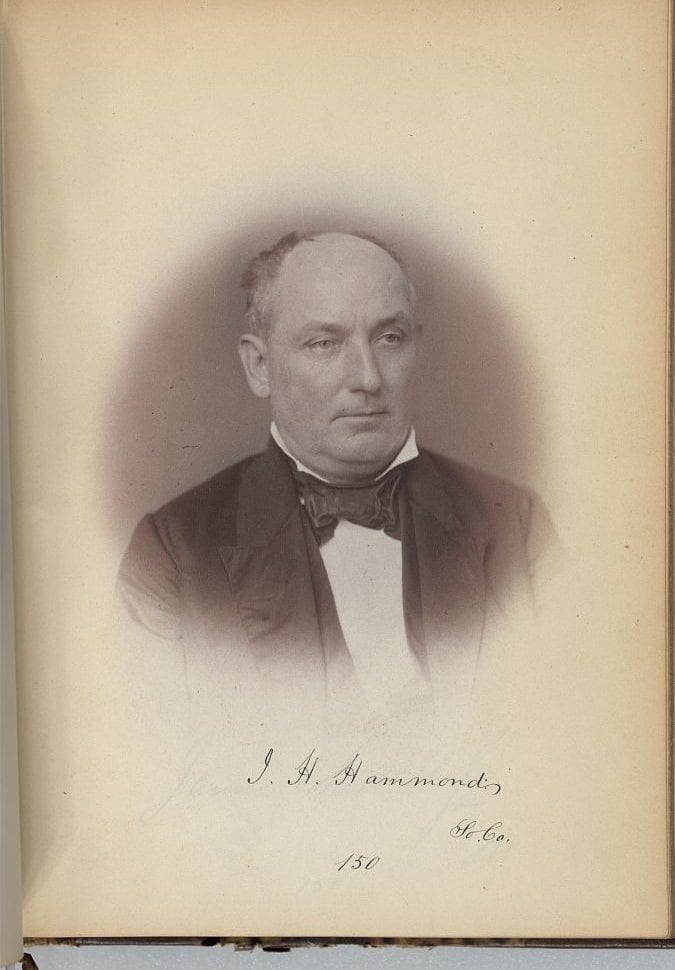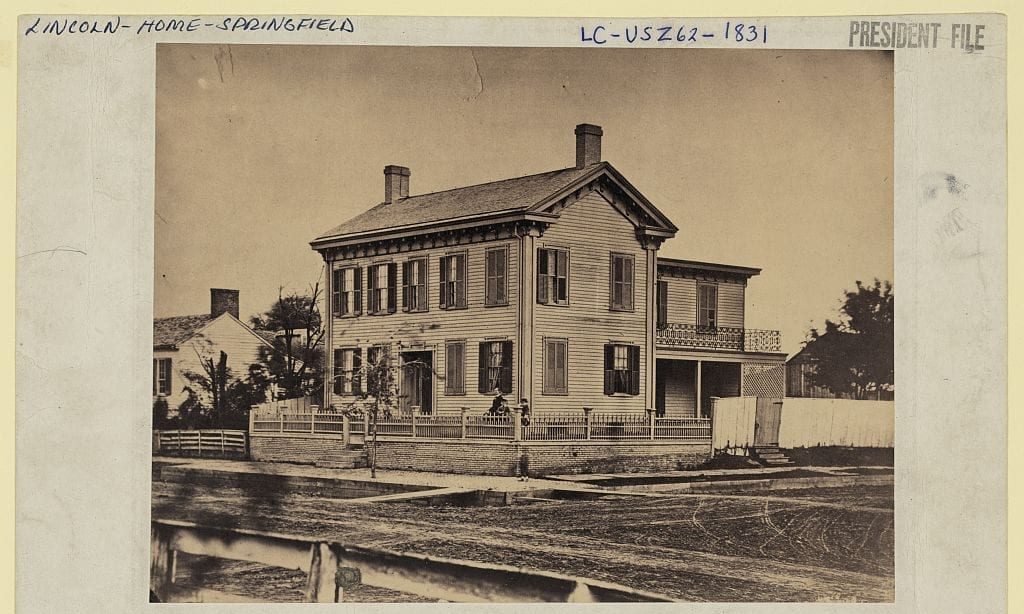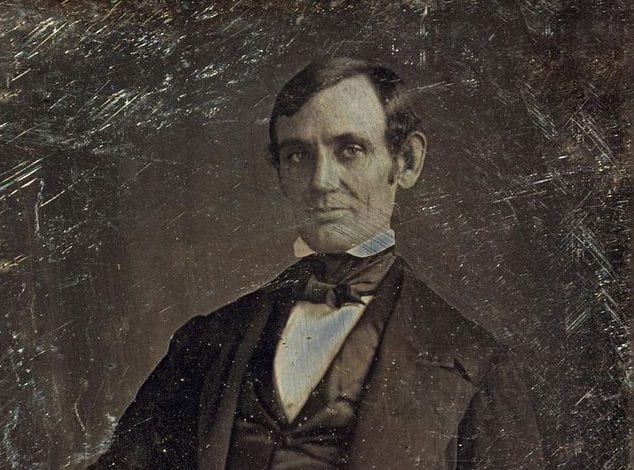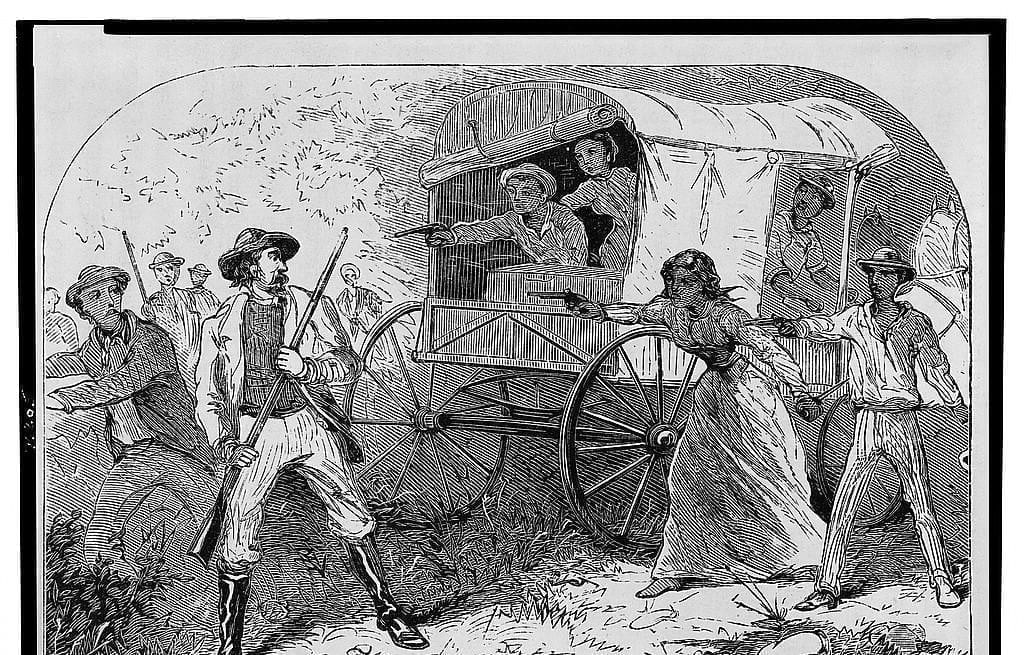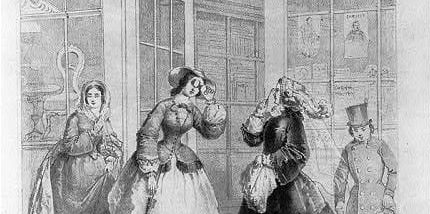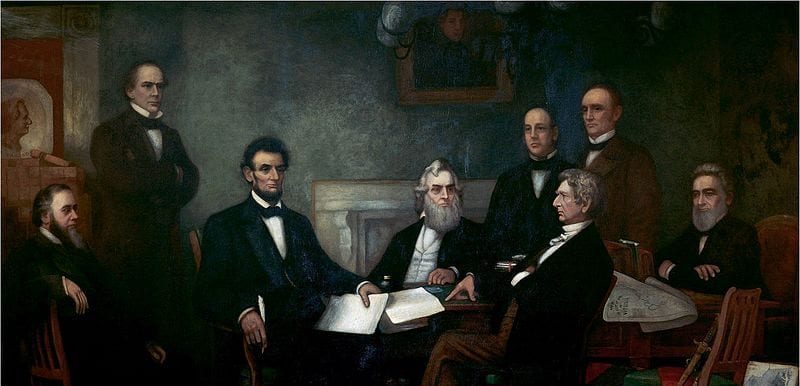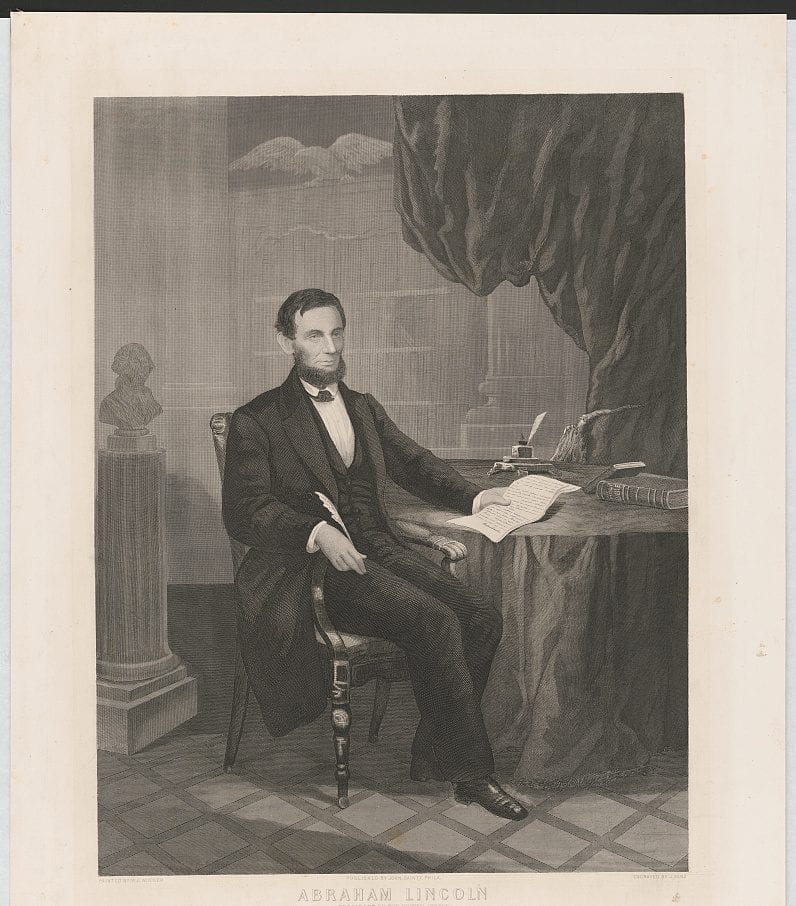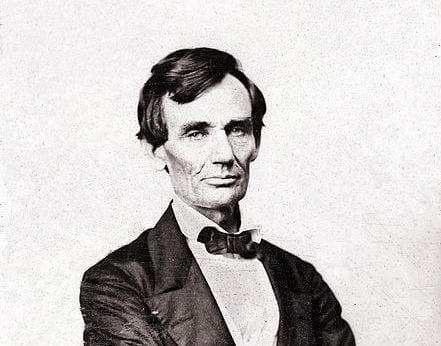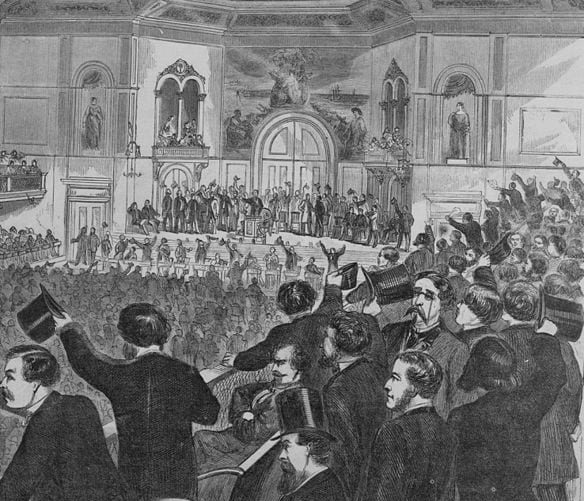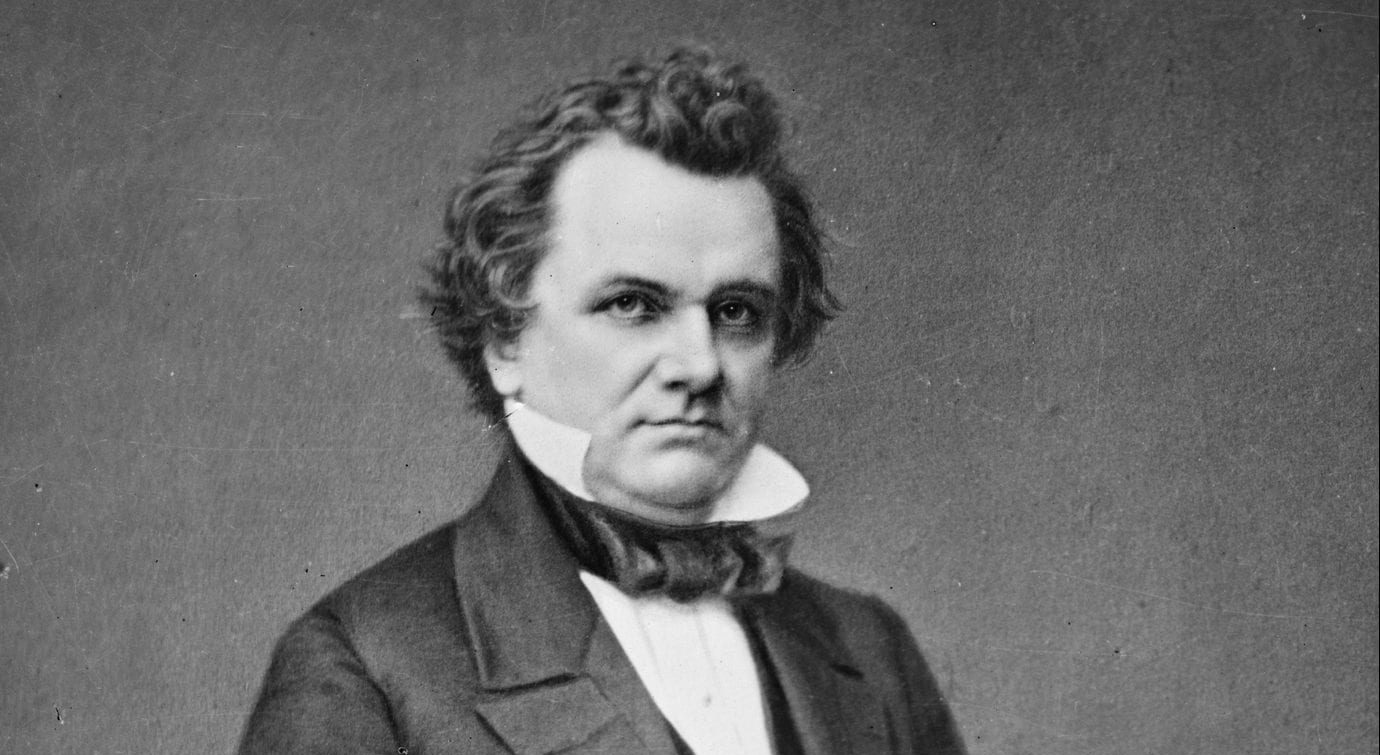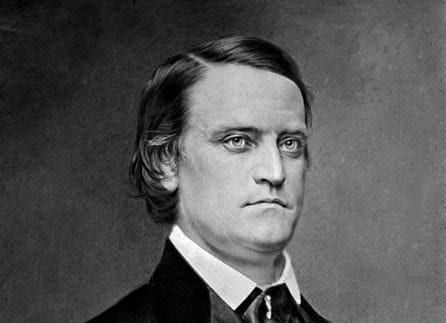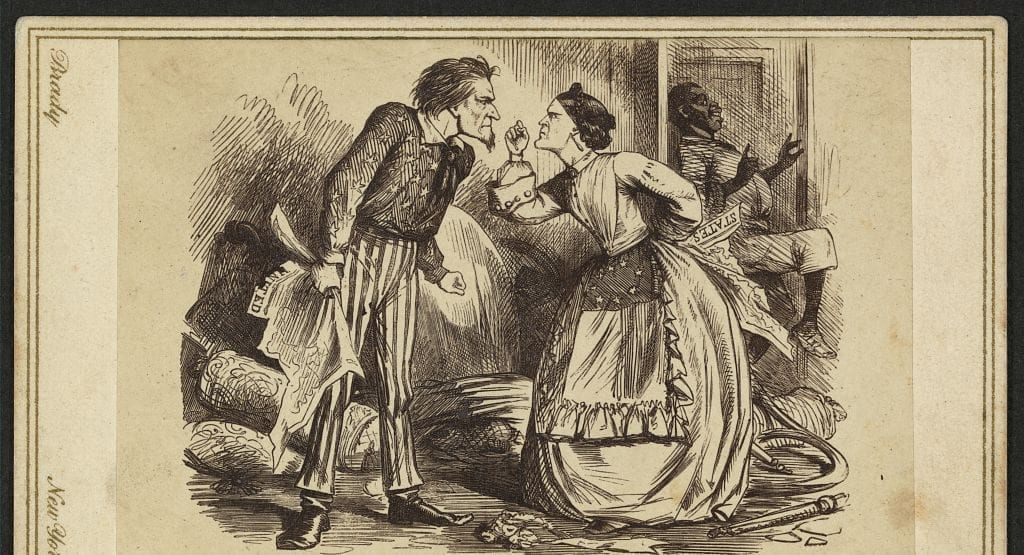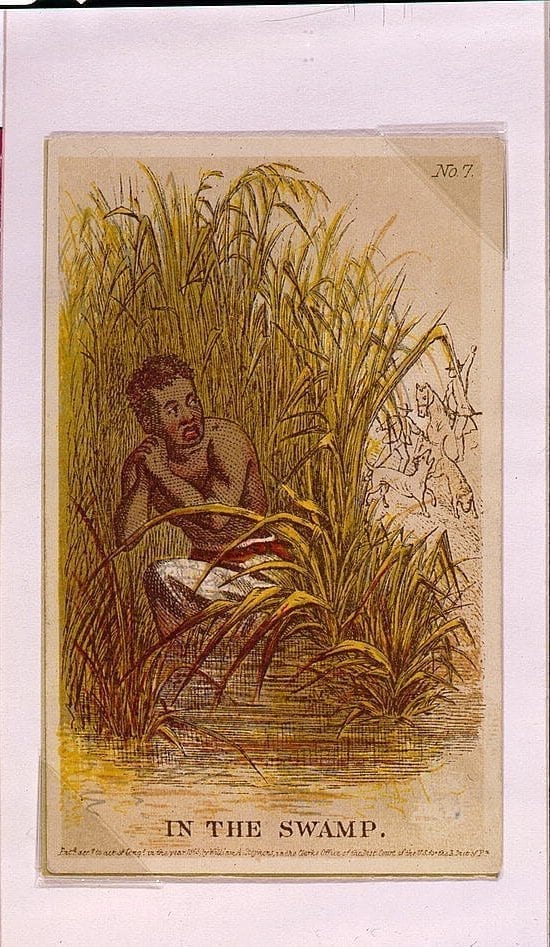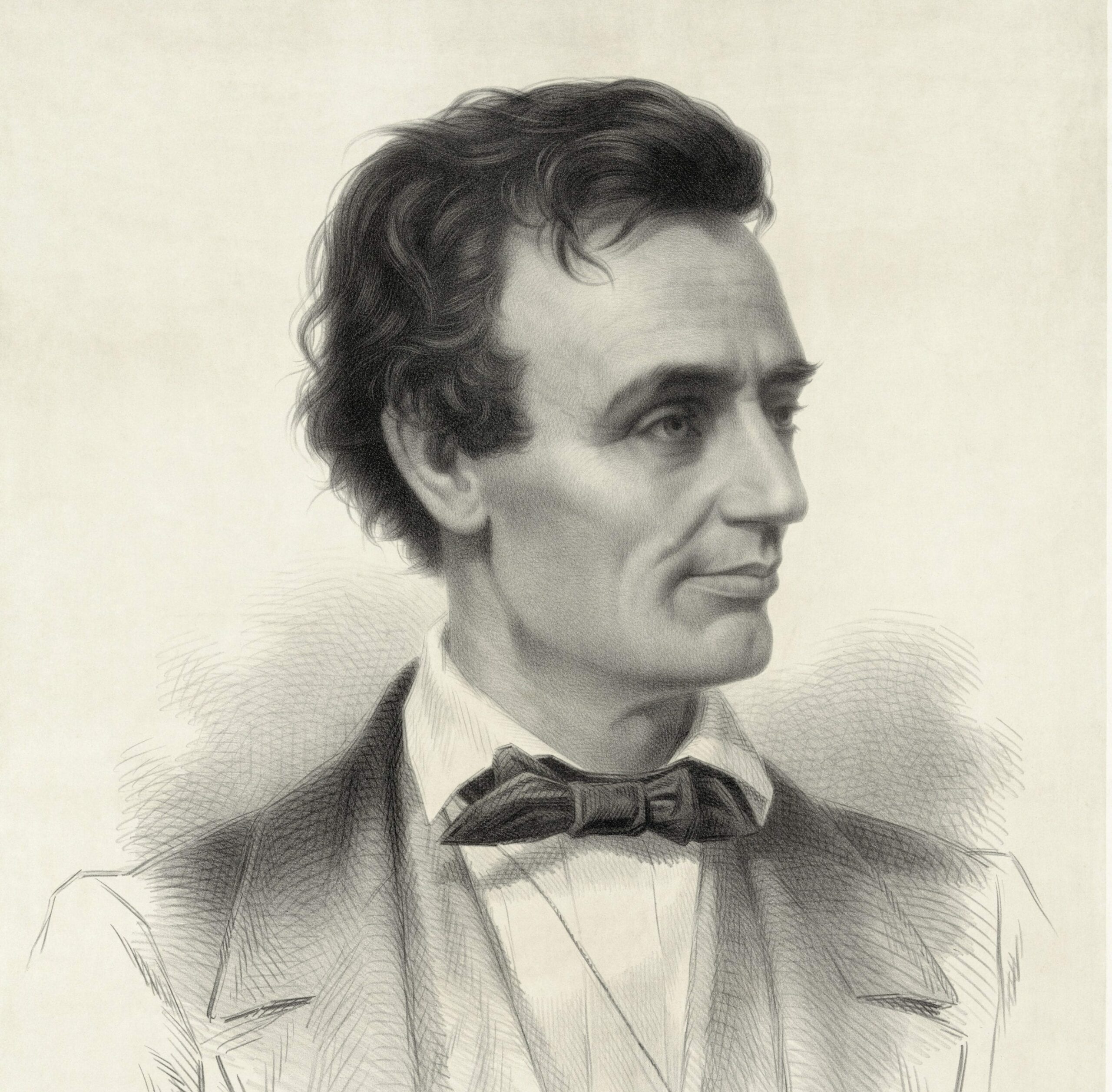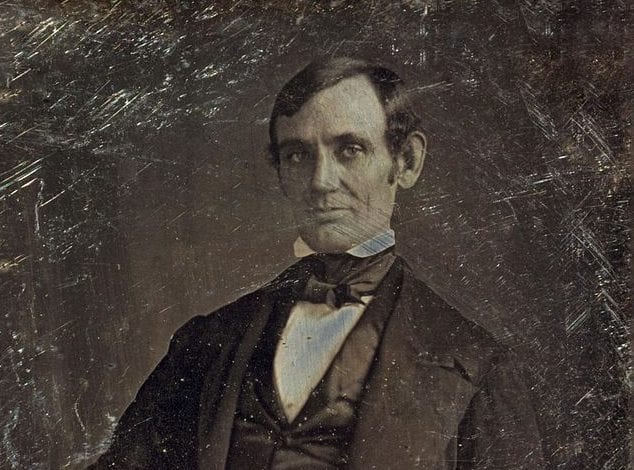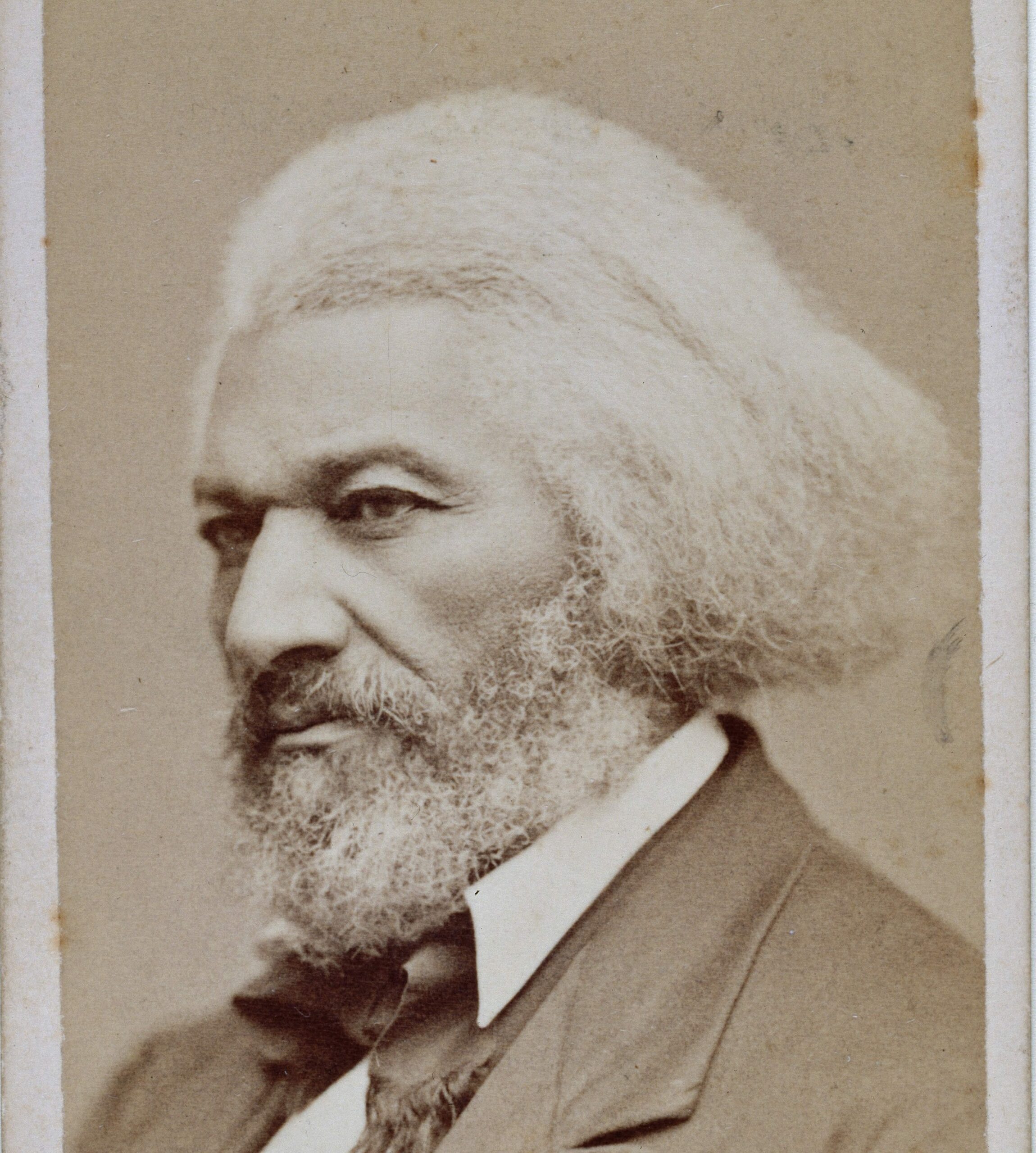
No study questions
No related resources
Fellow Countrymen:
Under a solemn sense of duty, inspired by our relation to you as fellow sufferers under the multiplied and grievous wrongs to which we as a people are universally subjected,–we, a portion of your brethren, assembled in National Convention, at Cleveland, Ohio, take the liberty to address you on the subject of our mutual improvement and social elevation.
The condition of our variety of the human family, has long been cheerless, if not hopeless, in this country. The doctrine perseveringly proclaimed in high places in church and state, that it is impossible for colored men to rise from ignorance and debasement, to intelligence and respectability in this country, has made a deep impression upon the public mind generally, and is not without its effect upon us. Under this gloomy doctrine, many of us have sunk under the pall of despondency, and are making no effort to relieve ourselves, and have no heart to assist others. It is from this despond that we would deliver you. It is from this slumber we would rouse you. The present, is a period of activity and hope. The heavens above us are bright, and much of the darkness that overshadowed us has passed away. We can deal in the language of brilliant encouragement, and speak of success with certainty. That our condition has been gradually improving, is evident to all, and that we shall yet stand on a common platform with our fellow countrymen, in respect to political and social rights, is certain. The spirit of the age — the voice of inspiration — the deep longings of the human soul — the conflict of right with wrong–the up-ward tendency of the oppressed throughout the world, abound with evidence complete and ample, of the final triumph of right over wrong, of freedom over slavery, and equality over caste. To doubt this, is to forget the past, and blind our eyes to the present, as well as to deny and oppose the great law of progress, written out by the hand of God on the human soul.
Great changes for the better have taken place and are still taking place. The last ten years have witnessed a mighty change in the estimate in which we as a people are regarded, both in this and other lands. England has given liberty to nearly one million, and France has emancipated three hundred thousand of our brethren, and our own country shakes with the agitation of our rights. Ten or twelve years ago, an educated colored man was regarded as a curiosity, and the thought of a colored man as an author, editor, lawyer or doctor, had scarce been conceived. Such, thank Heaven, is no longer the case. There are now those among us, whom we are not ashamed to regard as gentlemen and scholars, and who are acknowledged to be such, by many of the most learned and respectable in our land. Mountains of prejudice have been removed, and truth and light are dispelling the error and darkness of ages. The time was, when we trembled in the presence of a white man, and dared not assert, or even ask for our rights, but would be guided, directed, and governed, in any way we were demanded, without ever stopping to enquire whether we were right or wrong. We were not only slaves, but our ignorance made us willing slaves. Many of us uttered complaints against the faithful abolitionists, for the broad assertion of our rights; thought they went too far, and were only making our condition worse. This sentiment has nearly ceased to reign in the dark abodes of our hearts; we begin to see our wrongs as clearly, and comprehend our rights as fully, and as well as our white countrymen. This is a sign of progress; and evidence which cannot be gainsayed. It would be easy to present in this connection, a glowing comparison of our past with our present condition, showing that while the former was dark and dreary, the present is full of light and hope. It would be easy to draw a picture of our present achievements, and erect upon it a glorious future.
But, fellow countrymen, it is not so much our purpose to cheer you by the progress we have already made, as it is to stimulate you to still higher attainments. We have done much, but there is much more to be done. — While we have undoubtedly great cause to thank God, and take courage for the hopeful changes which have taken place in our condition, we are not without cause to mourn over the sad condition which we yet occupy. We are yet the most oppressed people in the world. In the Southern states of this Union, we are held as slaves. All over that wide region our paths are marked with blood. Our backs are yet scarred by the lash, and our souls are yet dark under the pall of slavery. — Our sisters are sold for purposes of pollution, and our brethren are sold in the market, with beasts of burden. Shut up in the prison-house of bondage — denied all rights, and deprived of all privileges, we are blotted from the page of human existence, and placed beyond the limits of human regard. Death, moral death, has palsied our souls in that quarter, and we are a murdered people.
In the Northern states, we are not slaves to individuals, not personal slaves, yet in many respects we are the slaves of the community. We are, however, far enough removed from the actual condition of the slave, to make us largely responsible for their continued enslavement, or their speedy deliverance from chains. For in the proportion which we shall rise in the scale of human improvement, in that proportion do we augment the probabilities of a speedy emancipation of our enslaved fellow-countrymen. It is more than a mere figure of speech to say, that we are as a people, chained together. We are one people — one in general complexion, one in a common degradation, one in popular estimation. As one rises, all must rise, and as one falls all must fall. Having now, our feet on the rock of freedom, we must drag our brethren from the slimy depths of slavery, ignorance, and ruin. Every one of us should be ashamed to consider himself free, while his brother is a slave. — The wrongs of our brethren, should be our constant theme. There should be no time too precious, no calling too holy, no place too sacred, to make room for this cause. We should not only feel it to be the cause of humanity, but the cause of christianity, and fit work for men and angels. We ask you to devote yourselves to this cause, as one of the first, and most successful means of self improvement. In the careful study of it, you will learn your own rights, and comprehend your own responsibilities, and, scan through the vista of coming time, your high, and God-appointed destiny. Many of the brightest and best of our number, have become such by their devotion to this cause, and the society of white abolitionists. The latter have been willing to make themselves of no reputation for our sake, and in return, let us show ourselves worthy of their zeal and devotion. Attend anti-slavery meetings, show that you are interested in the subject, that you hate slavery, and love those who are laboring for its overthrow.–Act with white Abolition societies wherever you can, and where you cannot, get up societies among yourselves, but without exclusiveness. It will be a long time before we gain all our rights; and although it may seem to conflict with our views of human brotherhood, we shall undoubtedly for many years be compelled to have institutions of a complexional character, in order to attain this very idea of human brotherhood. We would, however, advise our brethren to occupy memberships and stations among white persons, and in white institutions, just so fast as our rights are secured to us.
Never refuse to act with a white society or institution because it is white, or a black one, because it is black. But act with all men without distinction of color. By so acting, we shall find many opportunities for removing prejudices and establishing the rights of all men. We say avail yourselves of white institutions, not because they are white, but because they afford a more convenient means of improvement. But we pass from these suggestions, to others which may be deemed more important. In the Convention that now addresses you, there has been much said on the subject of labor, and especially those departments of it, with which we as a class have been long identified. You will see by the resolutions there adopted on that subject, that the Convention regarded those employments though right in themselves, as being nevertheless, degrading to us as a class, and therefore, counsel you to abandon them as speedily as possible, and to seek what are called the more respectable employments. While the Convention do not inculcate the doctrine that any kind of needful toil is in itself dishonorable, or that colored persons are to be exempt from what are called menial employments, they do mean to say that such employments have been so long and universally filled by colored men, as to become a badge of degradation, in that it has established the conviction that colored men are only fit for such employments. We therefore, advise you by all means, to cease from such employments, as far as practicable, by pressing into others. Try to get your sons into mechanical trades; press them into the blacksmith’s shop, the machine shop, the joiner’s shop, the wheelwright’s shop, the cooper’s shop, and the tailor’s shop.
Every blow of the sledge hammer, wielded by a sable arm, is a powerful blow in support of our cause. Every colored mechanic, is by virtue of circumstances, an elevator of his race. Every house built by black men, is a strong tower against the allied hosts of prejudice. It is impossible for us to attach too much importance to this aspect of the subject. Trades are important. Wherever a man may be thrown by misfortune, if he has in his hands a useful trade, he is useful to his fellow man, and will be esteemed accordingly; and of all men in the world who need trades we are the most needy.
Understand this, that independence is an essential condition of respectability. To be dependent, is to be degraded. Men may indeed pity us, but they cannot respect us. We do not mean that we can become entirely independent of all men; that would be absurd and impossible, in the social state. But we mean that we must become equally independent with other members of the community. That other members of the community shall be as dependent upon us, as we upon them. — That such is not now the case, is too plain to need an argument. The houses we live in are built by white men — the clothes we wear are made by white tailors — the hats on our heads are made by white hatters, and the shoes on our feet are made by white shoe-makers, and the food that we eat, is raised and cultivated by white men. Now it is impossible that we should ever be respected as a people, while we are so universally and completely dependent upon white men for the necessaries of life. We must make white persons as dependent upon us, as we are upon them. This cannot be done while we are found only in two or three kinds of employments, and those employments have their foundation chiefly, if not entirely, in the pride and indolence of the white people. Sterner necessities, will bring higher respect.
The fact is, we must not merely make the white man dependent upon us to shave him but to feed him; not merely dependent upon us to black his boots, but to make them. A man is only in a small degree dependent on us when he only needs his boots blacked, or his carpet bag carried; as a little less pride, and a little more industry on his part, may enable him to dispense with our services entirely. As wise men it becomes us to look forward to a state of things, which appears inevitable. The time will come, when those menial employments will afford less means of living than they now do. What shall a large class of our fellow countrymen do, when white men find it economical to black their own boots, and shave themselves. What will they do when white men learn to wait on themselves? We warn you brethren, to seek other and more enduring vocations.
Let us entreat you to turn your attention to agriculture. Go to farming. Be tillers of the soil. On this point we could say much, but the time and space will not permit. Our cities are overrun with menial laborers, while the country is eloquently pleading for the hand of industry to till her soil, and reap the reward of honest labor. We beg and intreat you, to save your money — live economically — dispense with finery, and the gaities which have rendered us proverbial, and save your money. Not for the senseless purpose of being better off than your neighbor, but that you may be able to educate your children, and render your share to the common stock of prosperity and happiness around you. It is plain that the equality which we aim to accomplish, can only be achieved by us, when we can do for others, just what others can do for us. We should therefore, press into all the trades, professions and callings, into which honorable white men press.
We would in this connection, direct your attention to the means by which we have been oppressed and degraded. Chief among those means, we may mention the press. This engine has brought to the aid of prejudice, a thousand stings. Wit, ridicule, false philosophy, and an impure theology, with a flood of low black-guardism, come through this channel into the public mind; constantly feeding and keeping alive against us, the bitterest hate. The pulpit too, has been arrayed against us. Men with sanctimonious face, have talked of our being descendants of Ham — that we are under a curse, and to try to improve our condition, is virtually to counteract the purposes of God!
It is easy to see that the means which have been used to destroy us, must be used to save us. The press must be used in our behalf: aye! we must use it ourselves; we must take and read newspapers; we must read books, improve our minds, and put to silence and to shame, our opposers.
Dear Brethren, we have extended these remarks beyond the length which we had allotted ourselves, and must now close, though we have but hinted at the subject. Trusting that our words may fall like good seed upon the good ground; and hoping that we may all be found in the path of improvement and progress,
We are your friends and servants,
(Signed by the Committe, in behalf of the Convention)
Frederick Dougless,
H. Bibb,
W.L. Day,
D.H. Jenkins,
A.H. Francis.
The North Star, September 29, 1848
Annual Message to Congress (1848)
December 5, 1848
Conversation-based seminars for collegial PD, one-day and multi-day seminars, graduate credit seminars (MA degree), online and in-person.














